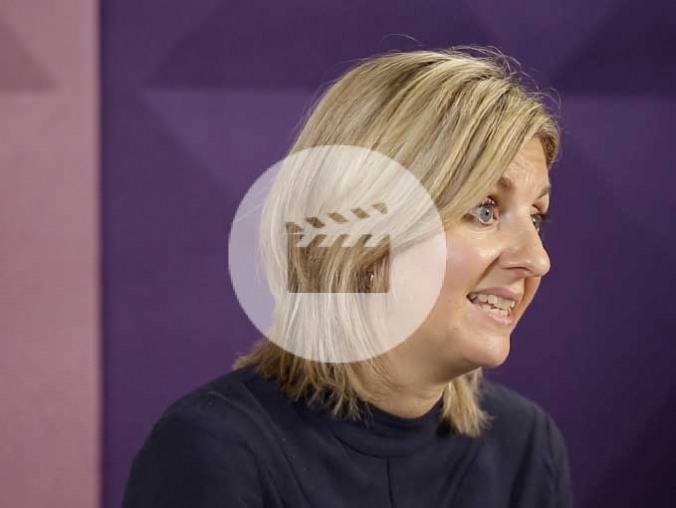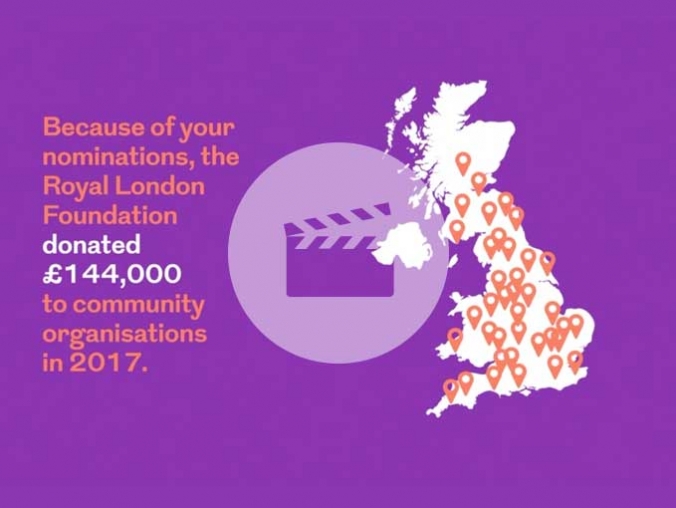

Should you take your debt more seriously?
Borrowing to make purchases can leave you paying the price long after you’ve forgotten what you bought
Debt is on the rise in the UK and it isn’t hard to see why. Wage growth is slow but inflation is rising, meaning each month our money doesn’t go as far as the month before. Add in the fact that interest rates are low and it’s easy to see why borrowing is currently a more appealing option than saving.
The average credit card debt sat at a hefty £2,470 in April 2017, according to the Money Charity – combine this with other forms of lending, including personal loans and hire purchase, and the average debt level rose to £3,841. Paying off the average credit card debt by repaying the minimum payment each month would take a lengthy 25 years and 10 months, assuming the average credit card interest rate.
Running up debt is easy, but it can take decades to pay back, as well as prevent you from putting your money towards other things, such as a house or new car. It can also have a knock-on effect on your future lifestyle. Existing debts will affect future applications for credit – even if you never miss a payment. For example, when applying for a mortgage the lender will take a look at your credit file and see how much you owe, which will affect your mortgage affordability calculations. That could mean the bank offers to lend you less than you’d hoped, affecting what property you can buy.
Despite the ongoing effect debt can have on lifestyle, when people worry about their finances the focus tends to be on saving rather than paying off debt. But the current interest rates on savings accounts are very low – the average is under 1%. This means, in all likelihood, the amount of interest mounting up against debt will be far higher than the potential interest earned on savings. For example, £3,000 sitting on a credit card with an 18.9% interest rate would be accruing £524 interest a year, if only the minimum repayments are made*. The same amount in the best instant-access savings account would only earn £33 a year in interest. So it makes better financial sense to clear debts rather than save.
The good news is there are several ways you can bring your debts under control and speed up the process of clearing them. First of all, it is important to keep spending under control. Setting a weekly or monthly budget, and sticking to it, can help you get a clear idea of where your money is going, and assess where you can make cutbacks. A recent study by Royal London found that 37% of people had a much better understanding of their finances after they started budgeting.
Next up, minimise the interest you are paying on your debt. The best way to do this is by moving it onto a 0% credit card. There are deals out there that can mean you pay no interest on your debt for several years, giving ample time to clear your debt without it growing any further.
Finally, work out how much you can afford to pay off your debt each month and stick to it. Paying off a fixed sum each month rather than just the minimum payments can dramatically speed up the time it takes you to clear your debt. If the average credit card debt of £2,470 was moved onto a 0% credit card and set amounts paid off each month – say £100 – that debt could be cleared in just over two years.
*Based on a card balance of £3,000 at an interest rate of 18.9% per year, with a monthly spend of £0, minimum payment of 1% plus monthly interest or £5 (whichever is higher) and no annual card fee.
More for you

What happens to your pension money?
Lorna Blyth, Investment Strategy Manager at Royal London, and Trevor Greetham, Head of Multi Asset Investments at Royal London, tell you how they invest your retirement savings to help them grow
MORE
Royal London Foundation: supporting your communities
Thanks to your nominations, we’ve been able to provide funding for not-for-profit organisations across the UK. Here are a few stories of those who received support from us
MORE
Insight into Work: come and work with us!
Our Insight into Work programme means members and their families can experience work at Royal London. Five of our newest candidates tell us about their time working with us
MORE


